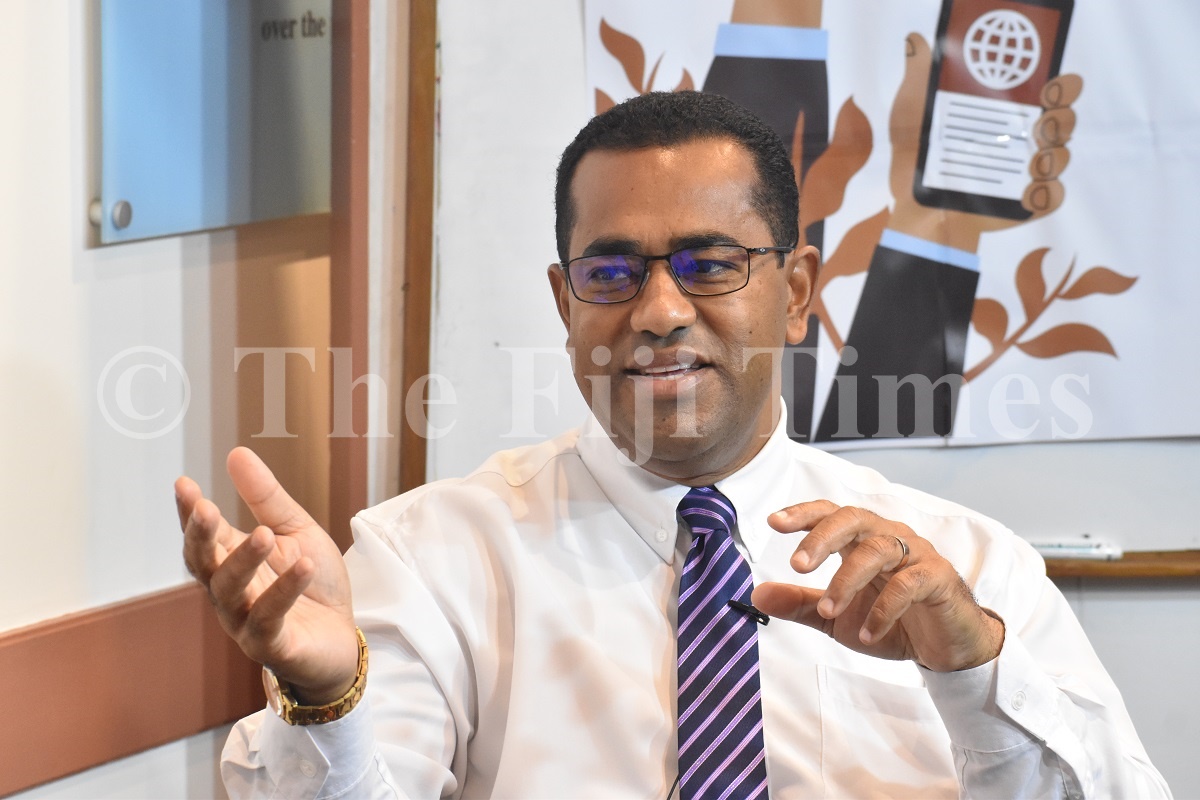Rural dwellers are chosen for overseas employment programs because of the communal types of work they are engaged in and also because of issues when peri-urban youths were initially engaged in Australia and New Zealand.
Acting Employment Minister Filimoni Vosarogo said this in an interview on The Fiji Times online news platform The Lens@177 this week.
He said while the overseas work programs were open to everyone, they had to make decisions that best reflected Fiji as a labour market source.
Mr Vosarogo said there were two schemes available – a short-term nine-month program and the long-term four-year one.
“The preference for the nine months one is because it is usually a communal type of work, and they would normally also have a communal setting when they relocate overseas,” he said.
“The experience was that it was much better to take rural-based individuals and take them with their team leaders and relocate them for short-term nine months and bring them back.
“When the program started, and I am talking about the experience of NEC (National Employment Centre), when it started off with those who come from peri-urban and urban areas – there were a lot of problems.
“So that was the cause of the shift towards identifying rural-based workers, semi-skilled, that are able to go together as a group, stay together as a group, come back as a group thus improving the image of Fiji as a genuine ‘vuvale’ partner.
“We don’t want to have too many instances of people going overseas and not returning. That appeared to be the problem when the program started, that would have appeared to have been the problem around identifying workers from urban and peri-urban communities.
“That’s not a broad brush, it’s just that early experience.
“So, because we had to preserve the image of Fiji as a genuine ‘vuvale’ partner, we had to look at the alternative which is now really working out well.
“It’s not a discriminatory process. It’s still open to everybody but identifying the people who have the right skillset and have the character to go and come back.”



